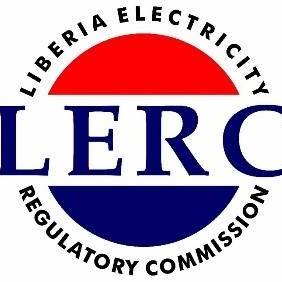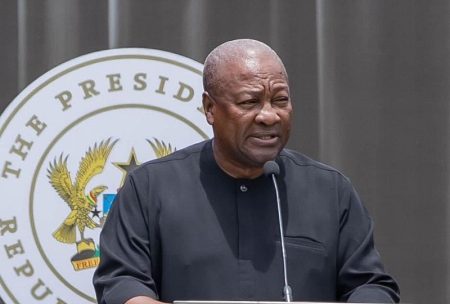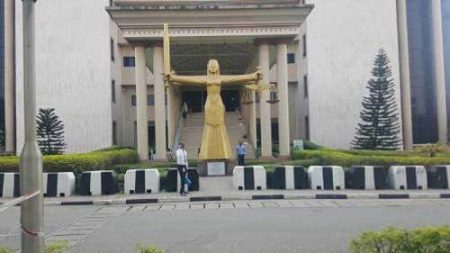The Liberia Electricity Corporation (LEC) has proposed new electricity tariffs for the years 2025 to 2027 that will soon be open to public review. The Liberia Electricity Regulatory Commission (LERC) has received LEC’s submission detailing the proposed changes, which align with the legal framework set forth by the 2015 Electricity Law of Liberia. This new tariff proposal is intended to take effect immediately after the current tariff regime, established on January 1, 2022, expires on December 31, 2024. This proposal is crucial for ensuring the ongoing funding and operation of electricity services in Liberia, reflecting the need for regulatory oversight in setting customer rates.
Under the proposed structure, residential prepaid rates are projected to increase significantly—by 37%, moving from US$0.24 to US$0.33 per kilowatt-hour (kWh). Conversely, rates for non-residential customers will see minimal changes, while postpaid customers will experience a smaller increase of 0.37%. Additionally, the proposal includes substantial hikes in connection fees, with single-phase meter connection charges rising by an astonishing 310% from US$20.00 to US$82.00, and three-phase meter connections nearly doubling from US$350.00 to US$630.00, which represents an 80% jump. This shift underscores the financial pressures on LEC as it seeks to maintain operational viability and increase service coverage.
In order to provide a robust framework for the review process, LERC has requested LEC to submit all relevant supporting documentation that informed its proposed rates. LERC will then evaluate this information to deliver a comprehensive assessment before moving to issue a notice of pendency for the tariff application. This process is governed by established regulations, including the 2021 Electricity Tariff Regulation and the Multi-Year Tariff Methodology, both of which seek to ensure compliance with the 2015 Electricity Law. The LERC’s approach is designed to foster accountability and fair pricing practices within the sector.
Transparency and public engagement are key components of LERC’s review process. The Commission has committed to organizing public hearings and outreach activities to garner input from a wide range of stakeholders, including electricity consumers, policymakers, civil society organizations, and the general public. This initiative aims to create an open dialogue regarding the proposed tariff changes, allowing community members to voice their concerns and suggestions. The importance of this engagement becomes evident in the context of prior tariff decisions, which took into account various customer categories including social and residential users.
LEC’s operational mandate primarily covers the Montserrado, Grand Cape Mount, Bomi, and Margibi Counties, where it serves a diverse customer base. Additionally, LERC is simultaneously reviewing another tariff application from Jungle Energy Power (JEP), which oversees electricity distribution in Bong and Nimba Counties. The outcomes of LEC’s proposed tariffs, pending LERC’s approval, are expected to be effective from January 1, 2025, through December 31, 2027. This timeline highlights the necessity for both regulatory bodies and the electricity provider to align their objectives with consumer interests.
The LERC affirms its commitment to protecting the rights of electricity consumers and ensuring that licensed operators, such as LEC, deliver reliable and quality service. The call to action for all stakeholders aims to foster a collaborative atmosphere in which various parties can contribute their perspectives on the new tariffs. As the proposed changes advance through the regulatory pipeline, the active participation of the community will be essential in shaping the future of electricity pricing and availability in Liberia, fostering a more sustainable energy future for the nation.
In summary, the impending changes to electricity tariffs proposed by the LEC are set to address pressing operational needs while also ensuring compliance with existing regulations. Through public engagement, transparency, and adherence to regulatory processes, LERC aims to uphold consumer rights and quality service standards, underlining the importance of community feedback in this pivotal decision-making process.














